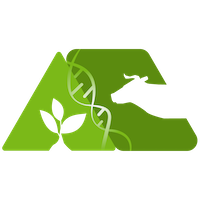An Analysis of Different Persistence Strategies of the «chacareras» Farms in the Argentinean Pampas
DOI:
https://doi.org/10.31285/AGRO.21.2.13Keywords:
family farming, economic concentration, part time farming, outsourcingAbstract
During the last 25 years, important changes took place in the «pampas» agriculture, changes that led to sharp increases in harvests. The ‘agriculturization’, the huge increase in agrochemicals consumption, the use of transgenic seeds, new forms of business organization, and the Copernican revolution in terms of sowing techniques are some of the milestones of that evolution. These phenomena attracted great academic interest, being that other changes -also of a major importance- have been relatively overshadowed, including the process of productive concentration that led to a crisis of «chacareras» production units. In a scenario in which the productive scales were redefined, the technological change made more expensive the financing of agricultural campaigns and public policies were indifferent or even harmful to family production, it is necessary to explain the reasons for the disappearance of farms quantity was not even greater. This paper analyzes what constitutes typical survival strategies of these economic agents: undervalue their own resources, part-time farming, outsourcing as a defensive strategy. The chosen method is the econometric testing, using the databases at the departmental level of the last Agricultural Census.
Downloads
Downloads
Published
How to Cite
Issue
Section
License
Copyright (c) 2017 Agrociencia Uruguay

This work is licensed under a Creative Commons Attribution 4.0 International License.
| Article metrics | |
|---|---|
| Abstract views | |
| Galley vies | |
| PDF Views | |
| HTML views | |
| Other views | |

















